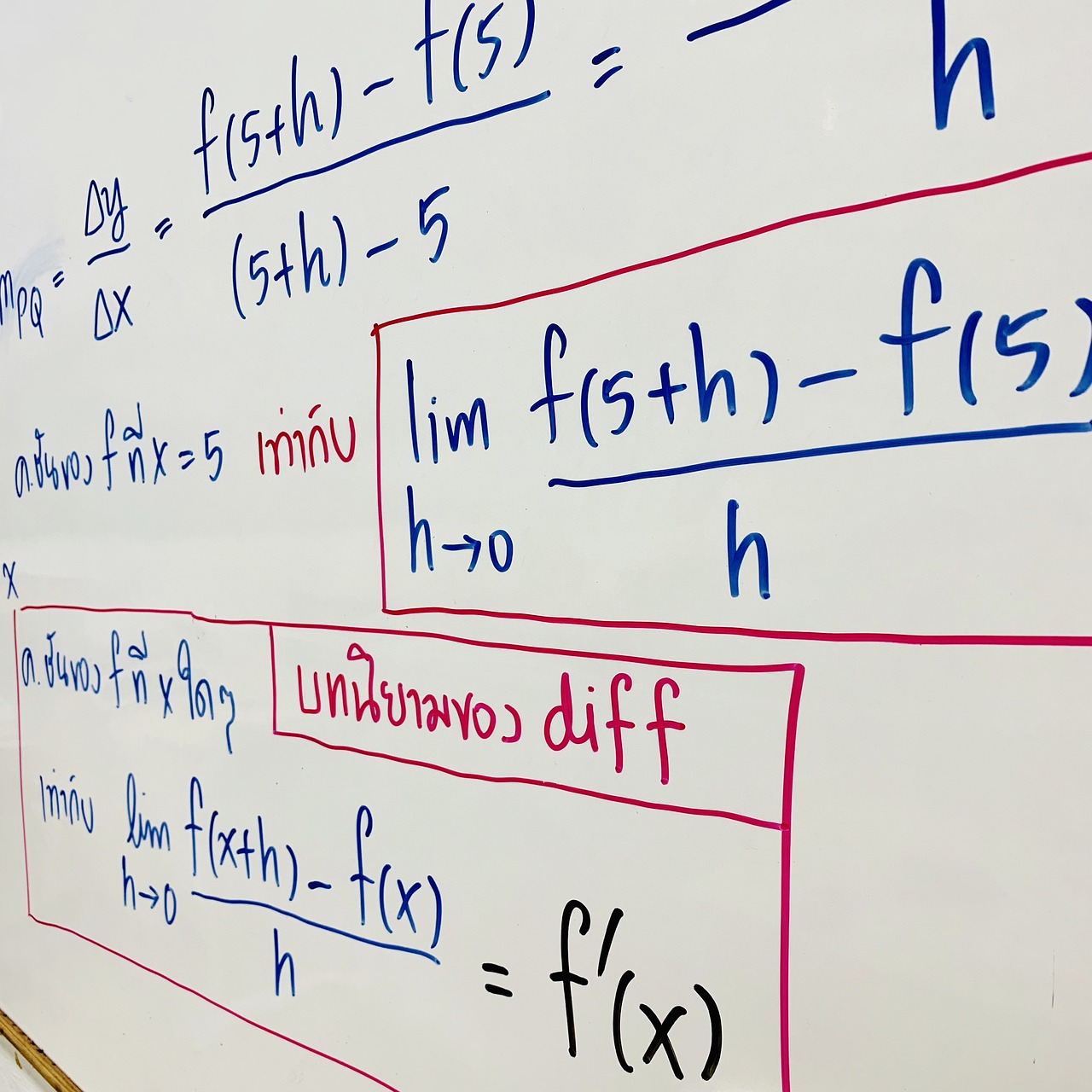Multivariable calculus serves as a cornerstone for tackling complex problems in physics, engineering, and mathematics. In the context of the JEE Advanced examination, proficiency in multivariable calculus is not just advantageous but often essential for success. Let’s delve into why mastering multivariable calculus is crucial and explore strategies to ace this topic for JEE Advanced.
- Understanding the Significance of Multivariable Calculus:
- Multivariable calculus extends the principles of calculus to functions of multiple variables, crucial for solving problems in three-dimensional space.
- Many physics problems in mechanics, electromagnetism, and optics inherently involve multivariable calculus concepts.
- Engineering disciplines such as aerospace, civil, and mechanical engineering heavily rely on multivariable calculus for modeling and analysis.
- Key Concepts in Multivariable Calculus:
- Partial Derivatives: Understanding how functions change concerning multiple variables and computing partial derivatives.
- Gradient, Divergence, and Curl: Interpreting and applying these vector operators in various contexts, including vector fields and fluid dynamics.
- Multiple Integrals: Mastering double and triple integrals for calculating volumes, surface areas, and solving physical problems.
- Vector Calculus: Studying line integrals, surface integrals, Green’s theorem, Stokes’ theorem, and the divergence theorem.
- Strategies for Mastery:
- Strengthen Fundamentals: Ensure a solid understanding of single-variable calculus concepts before diving into multivariable calculus.
- Visualize Concepts: Use visualization tools and geometric interpretations to understand vectors, surfaces, and three-dimensional space.
- Practice, Practice, Practice: Solve a diverse range of problems from textbooks, past papers, and online resources to reinforce understanding and problem-solving skills.
- Apply Concepts to Physics Problems: Connect multivariable calculus concepts to physics problems to appreciate their real-world applications.
- Seek Clarifications: Don’t hesitate to seek clarification from teachers, peers, or online resources when encountering challenging concepts.
- Resources and Tools:
- Textbooks: Utilize textbooks covering multivariable calculus topics, such as Thomas’ Calculus, Stewart’s Calculus, or Apostol’s Calculus.
- Online Courses: Enroll in online courses or watch video lectures offered by platforms like Khan Academy, Coursera, or edX for additional explanations and practice.
- Practice Tests: Take mock tests and solve previous years’ JEE Advanced questions to familiarize yourself with the exam pattern and time constraints.
Mastering multivariable calculus is not only essential for excelling in the JEE Advanced examination but also lays a strong foundation for future studies in science and engineering. By understanding key concepts, practicing extensively, and applying problem-solving strategies, aspirants can enhance their confidence and readiness to tackle multivariable calculus questions in the JEE Advanced with ease.


